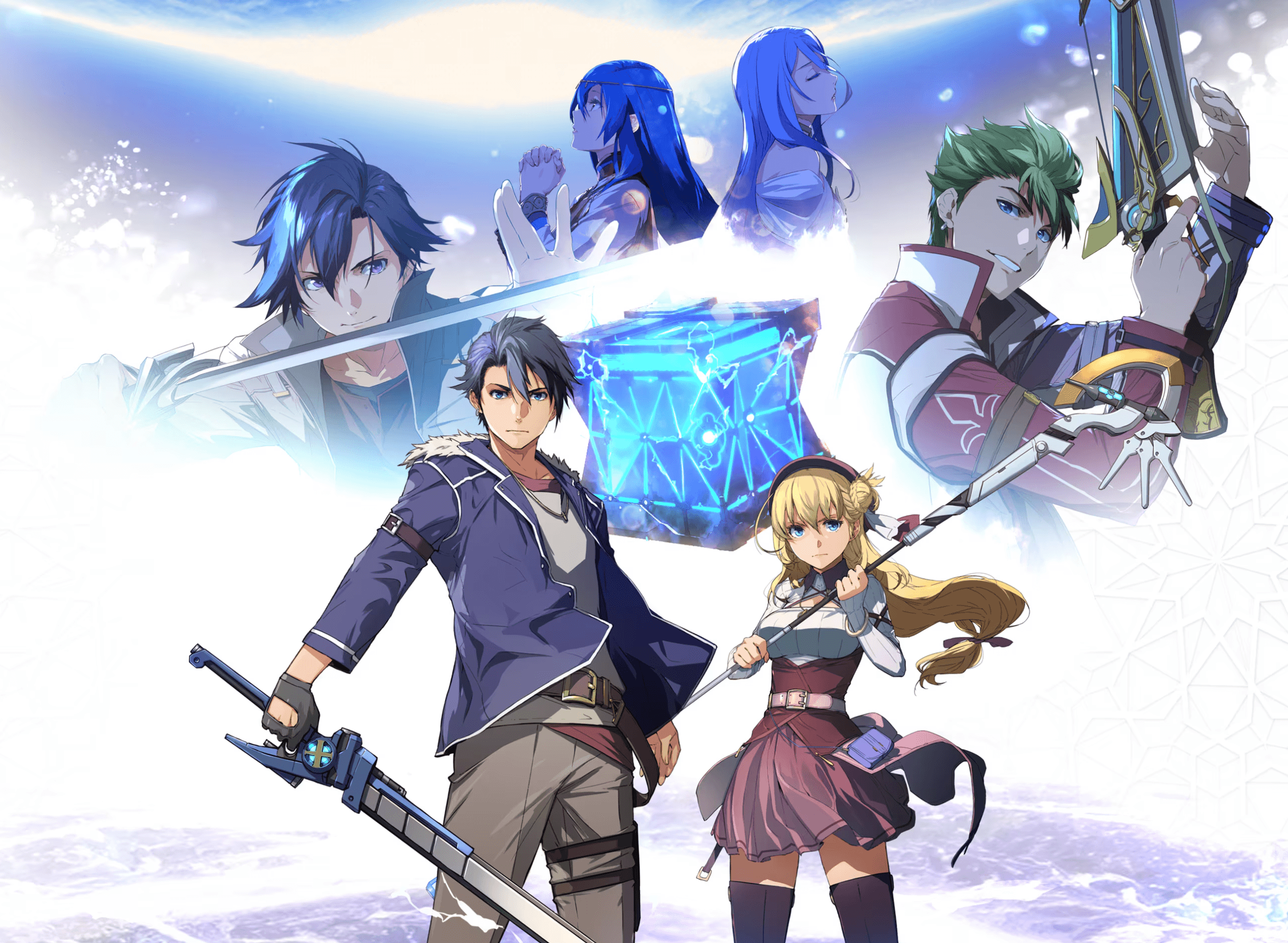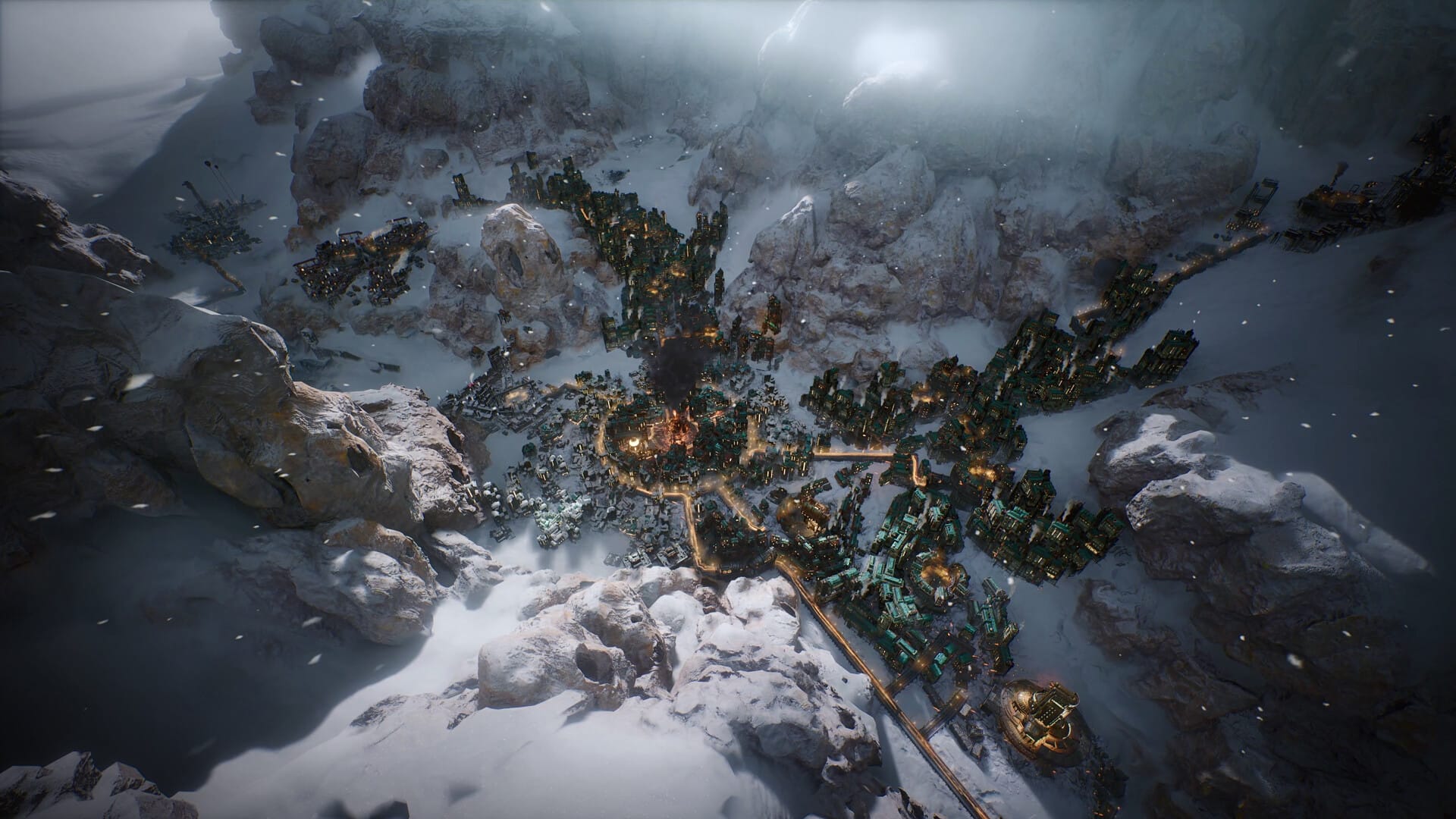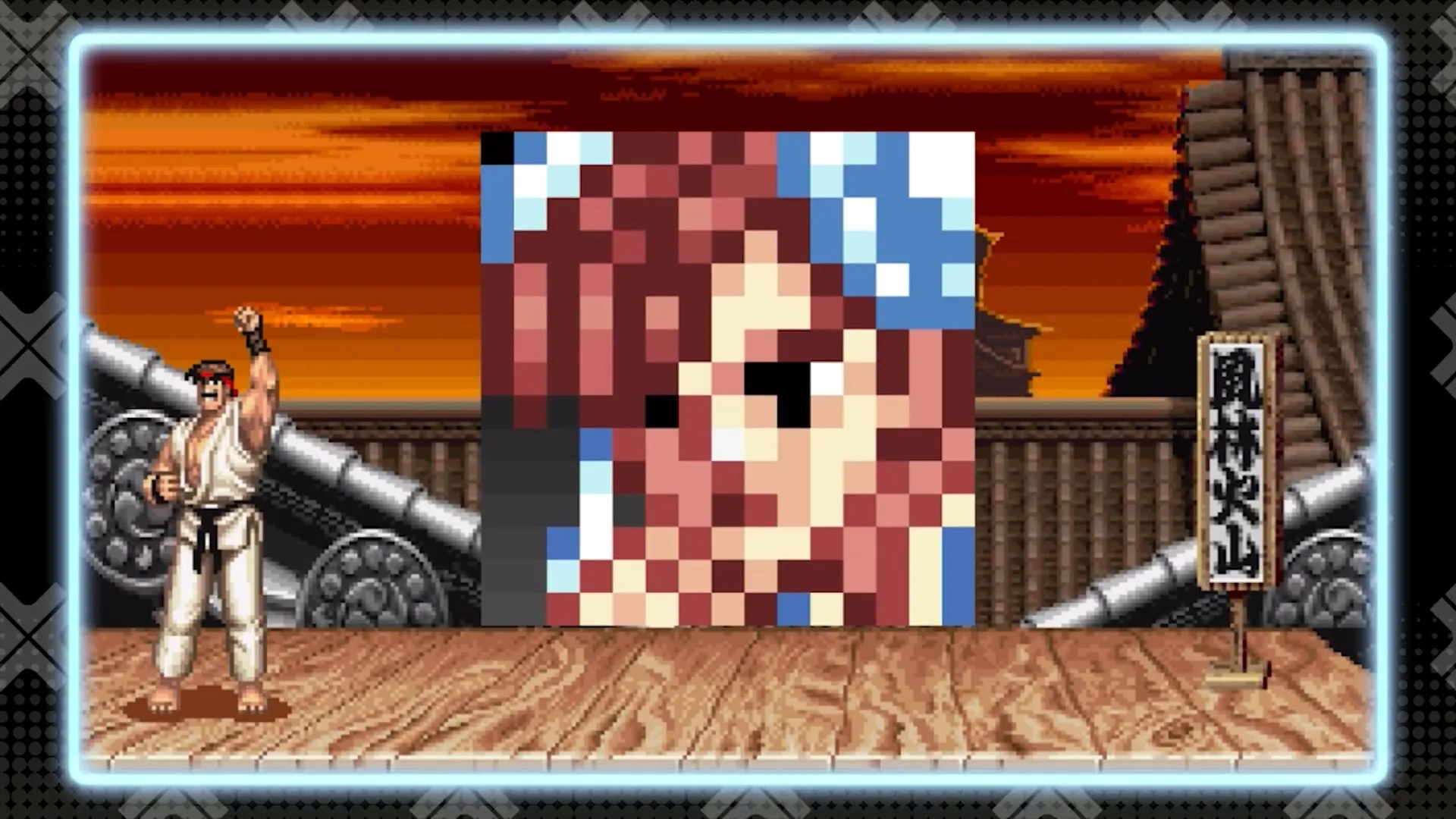Japan’s criminal system is notorious for having a ridiculously low rate of acquittals, so when a defense attorney manages to get one for their client, it’s a big deal. That’s where Judgment, the latest game from Ryu Ga Gotoku Studio, the folks behind the Yakuza franchise, starts off. A spin-off of the main series, it sees former lawyer now turned detective Takayuki Yagami investigate a series of bizarre murders happening in Kamurocho, the same stomping grounds where Kazuma and co have been circling around for nearly twenty years.
Yagami was disgraced and eventually put away his attorney badge when after winning an impossible case and getting an apparent murderer off the hook, his client went on to commit another killing, which broke our now leather-wearing hero, leaving what was left of him to open up a detective business where the insanity that the world of Yakuza takes place in.
Judgment from the very get-go tries to set itself apart from its brethren by throwing a few investigation mechanics in on top of the existing Yakuza 6 structure and engine, like lockpicking and the pixel-hunting clue search, as well as having you follow targets around town and avoiding detection, the latter something I’m always a fan of in games. *cough* These do very little in separating Judgment from the rest, and while that’s not a bad thing due to the fact that the Yakuza games are usually fantastic, it ultimately makes it feel like a Yakuza entry in everything but name.

You basically run all over Kamurocho as you would a normal entry in Yakuza, and for as much as Yagami tries to separate himself from the local mafia, he’s deeply tied to them since he ended up being raised by one of the local family bosses, alongside his office partner, Kaito, a former Yakuza member himself. You still fight street thugs and gang members the same way, follow waypoints to missions, visit arcades and convenience stores, and even take cabs to story locations outside of Kamurocho. This time, though, the side activities are tied to the detective agency, so they’re cases, and via a friends mechanic with which Yagami can raise his morale and fame around town, he can also partake mini-quests in order to unlock more jobs for the extra dough.
I don’t mean to make any of this sound like a knock against Judgment — it’s a well-done game, but overall I felt like I’ve done everything it does before, because, hell, I have, many times over the years. Even the new gameplay mechanics aren’t particularly fresh, and to be honest, they were done much more interestingly in other franchises. Even the parts where Yagami has to do some detective reasoning and try to present evidence in a sort of Phoenix Wright way — a game with which Judgment shares a comical perspective of law and some ethical boundaries, and the bending and dodging of those in service of moving on with the story — falls a little flat due to the lack of any substantial penalty for messing up, outside of missing out on bonus points when you get it right. Still, the core value for which Yakuza is known for, its incredible sense of style and blockbuster storylines are ever present in Judgment, so much so that it’s perhaps one of the best out of all of what RGG Studio has put out since the very first Yakuza.
The story in this game is gripping for sure, but thanks to the structure of play that has you continuously run back and forth through Kamurocho — usually from Yagami’s crummy hangout to his former place of employment, the Genda attorney agency, in order to interact with his old buddies, or an arcade front for the Yakuza where a later game friend hangs out — its pacing is as slow and uneven as it can be. The game can’t seem to decide whether or not it wants to move things along quickly, so more often than not, you’re required to repeatedly make that trek back and forth, with few occurrences of instantly porting to whatever the next location is that Yagami has to go to. I could count the times I grew exasperated at this game thanks to having to run back to a locale after having literally just been there minutes ago when Judgment’s own logic would have worked in having him phone in and gotten whatever bit of info he needed over on his cell, since this is the latest game in the series’ timeline, taking place in 2018.

Yagami, like Kiryu and other protagonists from Yakuza, is also adept in martial arts, and you’ll put his skills to use throughout the entire game, as even walking around town will spring combat encounters that unlike some of the early entries, can be avoided at the cost of valuable skill points you can put towards a host of different abilities, be it combat, stats-wise, or even towards your detective powers. The fighting in Judgment is more in line of what was in Yakuza 0, mainly from Majima’s perspective in that game, that is, lots of fast moving, crowd-control moves in one style, and plenty of in-your-face punching in the other.
I can’t say I was ever in love with the combat of any of the Yakuza games in the past, in fact it’s the weakest aspect of these games in my book, but Judgment’s (along with 0’s) is the closest I’ve come to actually enjoy fighting. Its mechanics are fine when wrecking house on random thugs, but it’s the boss fights that really drove me nuts, especially towards the end of the game, where in series’ tradition, I was out of restorative items and was forced to retry a bunch of times. I don’t feel ashamed in admitting that I ended up resorting to easy mode during the very last combat section, funnily enough.
Judgment attempts to give Yagami a less of a superhuman vibe than Kazuma’s by introducing a ‘mortal damage’ mechanic where certain certain attacks can take out portions of his health bar permanently until you use a medical kit or visit a doctor, but it only worked to annoy me even further thanks to how expensive it got to treat these injuries, and how much more running back and forth it made me do throughout the game. Avoiding these attacks is mostly down to using dodges which require a slightly uncomfortable combination of controller buttons that I never really got quite down during my time playing through the game.

The best bit of advice I can give to anyone looking to pick up Judgment is not to be in a hurry to finish it since like the rest of the franchise, it offers tons of stuff to do outside of the story. The detective cases, much like the side content in other Yakuzas, is where the real meat of Judgment lies, with some of the best writing and content the game has to offer. Some are borderline ridiculous, others are downright messed up, but all in all, they’re a lot of fun to solve. Unlocking the entire thing takes time and a some amount of grinding, since you have to keep raising your notoriety level in order to get more cases in, and from the bit that I’m still doing of it since finishing the main story — as with other Yakuza games, once you finish the story, you unlock post-game, where all of the missions and activities you haven’t finished become available to play and you can keep going for as long as you wish until you start new game+, a mode traditionally called ‘premium adventure’ — it’s quite a chunk of content to bite through, so you won’t wouldn’t be able to rush through it all even if you wanted to, and to all accounts, you’d be missing out on the best content this game has to offer.
The real beauty of playing any of Ryu Ga Gotoku Studio’s games is getting to live in a little slice of Tokyo. If you’re anything like me, you’ve probably grown quite familiar to Kamurocho’s layout by this point, so a lot of the places you’ll run by in Judgment won’t be new per se. It’s not the same as rushing across shopping arcades in Sapporo like you might have done in Yakuza 5, or any of the extra locales from any of the sequels, but there’s certainly a feeling of being in a slightly different place, like living in the same city for years and witnessing the changes it goes through, as minor as they might be — a store changing here and there, streets being cut off, new billboards and even a new location you may have not been to last time you were there — that help make the same Kamurocho I’ve known for nearly two decades feel alive as I’ve jumped from game to game.

Still, I yearn for a little change to come to the series as a whole. I felt like the many storylines that converge at some point approach worked well in some of the previous entries, but even that eventually circled around the same ideas that have been cooking since the very beginning of Yakuza. Don’t get me wrong, I absolutely adore the world that the team has built and the ambience in these games is unmatched, but there has to be some some sort of shake up in their plans at some point.
Judgment is a step in that direction, even though it’s ultimately a very shy one that doesn’t really go very far into setting itself apart from the rest. For what it is, though, it’s a solid entry in Yakuza, and even though none of the cast of the main series make an appearance throughout it, and for as much as it tries to be different, it’s very much of one of those games, so if you enjoy those like me, you’re bound to have a great time playing Judgment.




